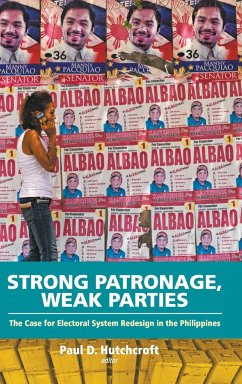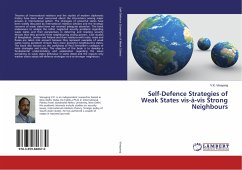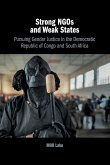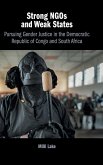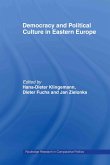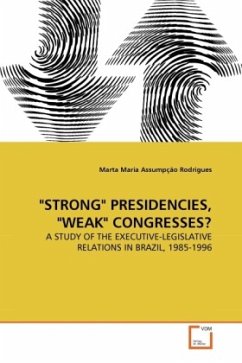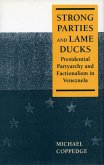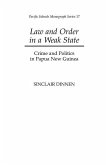The current combination of electoral systems in the Philippines essentially guarantees the perpetuation of weak and incoherent political parties. As long as parties are weak and lacking in coherence, the primary focus of political contention is much more likely to be on patronage and pork than on policies and programs. As political reformers seek to address these fundamental problems of the Philippine polity, there is no better place to start than through a well-constructed set of changes to the electoral system. In this volume, expert contributors survey major types of electoral systems found throughout the world, explain their powerful influence on both democratic quality and development outcomes, and explore the comparative political dynamics of reform processes. A recurring theme is the virtue of a mixed electoral system involving some element of closed-list proportional representation - known internationally as one of the most effective means of building stronger and more coherent political parties. This, in turn, can be expected to encourage the emergence of a more policy-oriented (and less patronage-driven) polity.
Bitte wählen Sie Ihr Anliegen aus.
Rechnungen
Retourenschein anfordern
Bestellstatus
Storno

